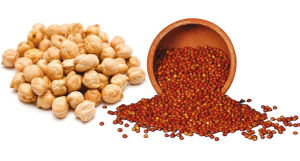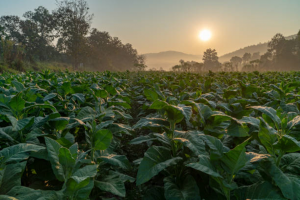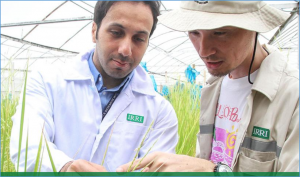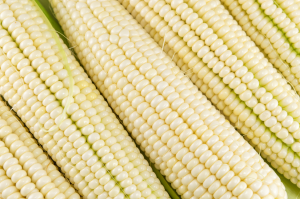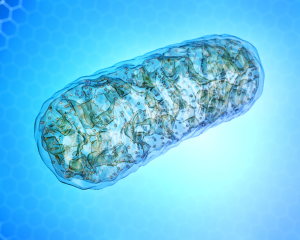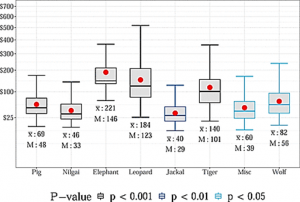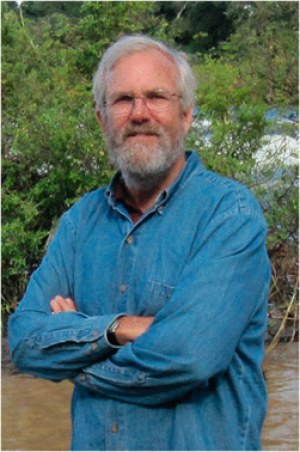Could legumes be the key to food production sustainability and climate change resilience? They consume less than half the non-renewable energy of traditional cereals, they can survive harsh conditions like drought and they improve soil health by fixing nitrogen. On this, World Pulses Day, February 10, Dr Christopher Ochieng Ojiewo, principal scientist at ICRISAT (International Crops Research Institute for the Semi-Arid Tropics) in Nairobi, Kenya, asks the question “What lessons can we learn from legume farmers in Africa?”
The researchers used genetic engineering in producing vitamin A and optimizing rhodopsin production simultaneously in tobacco plants by introducing an enzyme from a marine bacterium. Vitamin A activates the light-controlled cation channel, channelrhodopsin-2, which can only be switched on or off by light. Vitamin A paired with rhodopsin allows the researchers to manipulate the growth of pollen tubes and the development of leaves using green light.
As biologist Andrew Hendry recently wrote, “research initiatives in ecology and evolution have periodically dated but never married” (1). This also holds for the theoretical underpinnings of the two fields. Roughly speaking, the first mathematical models of population ecology are a century old, and the first stirrings of evolutionary game theory date from half a century ago
Plant improvement has always been an important component of food production and security. However, the impacts of climate change—higher temperatures, extreme and erratic weather, drought, increasing levels of carbon dioxide, and rising sea levels—have created a new urgency for global crop improvement efforts.
A study conducted by scientists at Arkansas State University and partners showed that genetically modified (GM) white maize had higher increase in yields in South Africa compared to GM yellow maize and conventional hybrid maize. Since GM white maize has been used for human consumption, the study suggests that biotechnology has the potential to support food security in the country and in the region.
Australia was one of the pioneering countries that commercialized genetically engineered crops in 1996. In 2019, Australia ranked 13th in the list of GM crop-planting countries. More details on Australia's biotech adoption and other highlights of the ISAAA report, Global Status of Commercialized Biotech/GM Crops: 2019, will be discussed during the webinar, including the following:
Researchers have elucidated some undefined mechanisms and characteristics of flowering plants using mitochondria-targeted transcription activator-like effector nucleases (mitoTALENs). The impact of mitoTALENs-directed double-strand breaks on plant mitochondrial genomes was compiled by Shin-ichi Arimura from the University of Tokyo in an article published in Genes.
Successful conservation of our dwindling wildlife involves a reduction in human costs—including human casualties, crops, livestock, and other property—from interactions with wild species. We analyze survey data from households incurring wildlife damage in India to illustrate that the cost from human casualties overwhelms all other property losses. Our results imply the following:
Molecular anthropologist Mark Stoneking’s contributions to the field of human evolution began in the mid-1980s. As a graduate student at the University of California, Berkeley, Stoneking helped to identify the first genetic evidence supporting the African origin of modern humans. Since then, Stoneking, now a Group Leader at the Max Planck Institute for Evolutionary Anthropology, has used innovative genetic methods to investigate human migrations, demographic histories, genetic introgression from archaic to modern humans, human cultural practices, and more
We need to get to zero emissions, and we’re going to need a lot of innovation to do it. But innovation doesn’t happen overnight, and it will take decades for green products to reach a big enough scale to make a significant difference. In the meantime, people all over the world, at every income level, are already being affected in one way or another by climate change. Just about everyone who’s alive now will have to adapt to a warmer world.


 Curently online :
Curently online :
 Total visitors :
Total visitors :
